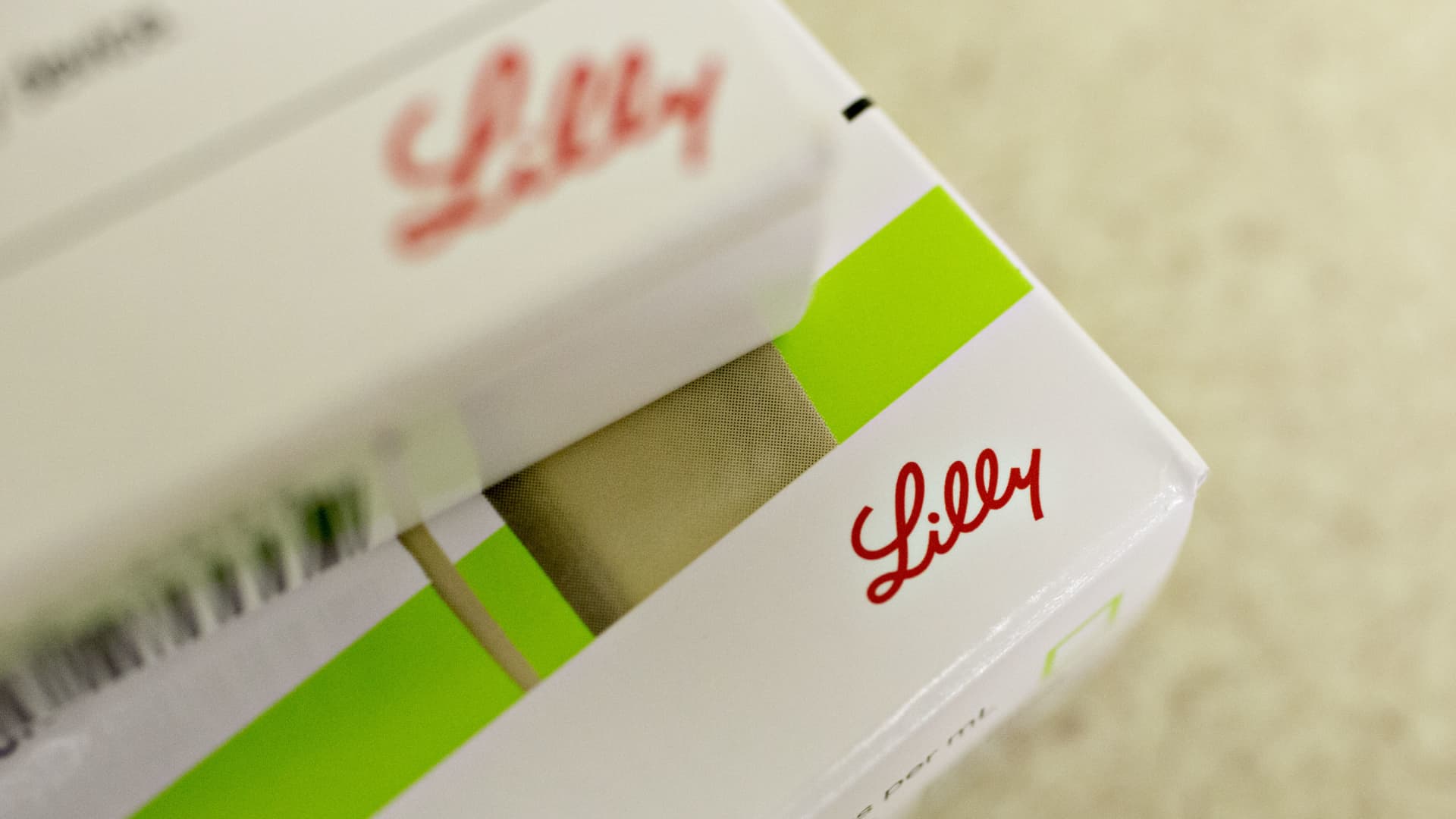Eli Lilly (LLY) is wisely broadening out its drug pipeline through a series of acquisitions of smaller companies – the most recent of which was disclosed earlier this week and should strengthen the Club holding’s efforts to develop cancer treatments. Lilly’s planned $1.4 billion deal to buy Point Biopharma (PNT), announced Tuesday, follows a busy summer for the Indianapolis-based pharmaceuticals giant, during which it bought three other experimental drug firms. Those takeovers help fortify Lilly’s positioning around treatments for obesity, diabetes and immunologic conditions such as psoriasis. To be sure, the acquisition spree does not change Lilly’s near-term revenue trajectory. The projected growth should still be driven by Mounjaro – a type-2 diabetes drug that’s expected to be approved to treat obesity by year-end – and to a lesser extent Alzheimer’s treatment donanemab , which U.S. regulators are expected to make a decision on in the coming months. Jim Cramer has said Mounjaro may eventually become the best-selling drug of all time. Nevertheless, Eli Lilly’s relatively inexpensive deals this year should be viewed in a favorable light. In the pharmaceutical industry, companies are required to balance the present and the prospective, looking not only a few quarters ahead but many years down the line, too. For Lilly, that means spending to support the broader rollout of Mounjaro and the likely commercial launch of donanemab – to say nothing of other growth products like breast-cancer therapy Verzenio – while also investing in experimental research. While the latter investments are risky and may never yield an application with the U.S. Food and Drug Administration, they’re necessary to stay competitive. “M & A is not really driving [Lilly’s] business,” BMO Capital Markets analyst Evan Seigerman said in an interview. Still, he said it’s “healthy” for a company like Eli Lilly — valued over $500 billion, as of Thursday — to be executing smaller…
Read the full article here

Leave a Reply